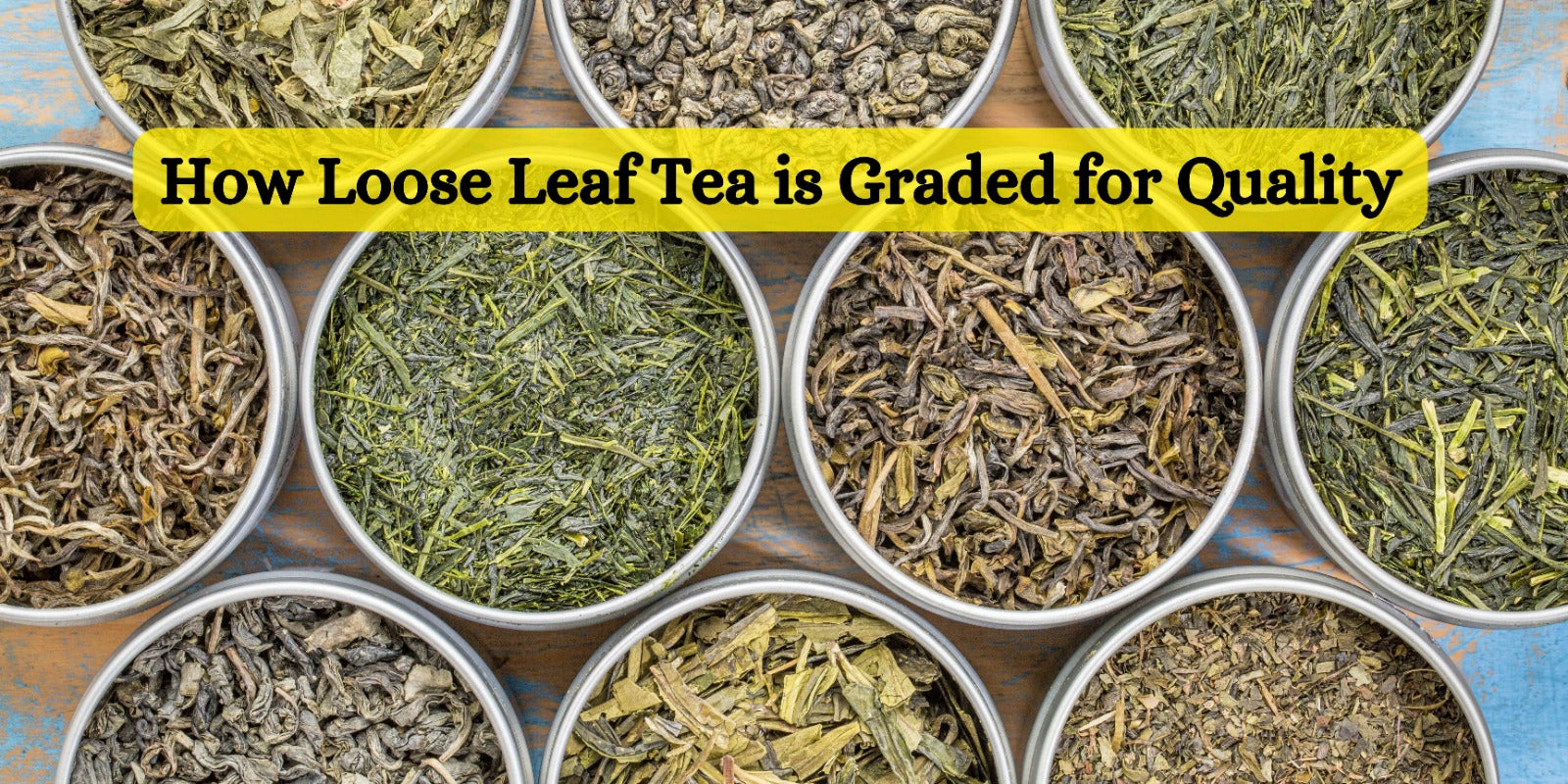Diwali, the festival of lights, is a celebration of joy, prosperity, and togetherness. While the festival brings warmth and cheer, it also reminds us to be mindful of our planet and to celebrate responsibly. This Diwali, consider creating an eco-friendly celebration with tea and mithai (sweets) that not only honors tradition but also respects the environment. Here’s a guide on how you can have an eco-friendly Diwali filled with warmth, delicious tea, and traditional sweets.
1. Choose Sustainable Decorations
Diwali is known for beautiful decorations, but instead of plastic and chemical-based decor, go for sustainable options:
- Diyas and candles: Use clay diyas (lamps) that are made from natural materials and add a traditional charm to your decor. Opt for soy or beeswax candles, which are non-toxic and biodegradable.
- Flowers and leaves: Decorate with fresh marigold garlands and mango leaves. Not only do they add color and fragrance, but they’re also biodegradable and can be composted.
- Rangoli with natural colors: Use eco-friendly powders made from turmeric, rice flour, and other natural ingredients for your rangoli designs. You can even add tea leaves for a unique texture!
2. Serve Eco-Friendly Tea
Tea is a central part of many Indian gatherings and is the perfect way to welcome guests during Diwali celebrations. Opt for eco-friendly tea options to make your celebration both flavorful and sustainable:
- Loose-leaf tea: Avoid tea bags, which often contain plastic, and go for loose-leaf tea. It reduces waste, and the leaves can be composted after use.
- Reusable tea strainers: Serve tea using metal or ceramic strainers instead of disposable ones. These are reusable and don’t contribute to single-use waste.
For the occasion, you can offer a variety of teas like:
- Masala Chai: A traditional blend of black tea with spices like ginger, cardamom, and cinnamon, masala chai is comforting and perfect for the festive season.
- Green tea or herbal tea: These lighter teas offer health benefits and are a great option for guests who prefer caffeine-free beverages.
3. Make Homemade Mithai (Sweets)
No Diwali is complete without mithai! Instead of buying packaged sweets, try making some at home. Homemade mithai not only tastes better but also reduces plastic waste. Here are a few popular options to make at home:
- Ladoos: Ladoos made with coconut, gram flour, or semolina are easy to make, and you can control the ingredients to keep them as healthy as you like.
- Kaju Katli: This cashew-based sweet is a Diwali favorite and can be made with just a few ingredients. When made at home, you can avoid the excessive packaging and preservatives found in store-bought options.
- Barfis: Simple and versatile, barfis can be made from ingredients like milk, coconut, or almonds. They’re easy to pack in reusable containers for guests to take home as eco-friendly gifts.
4. Eco-Friendly Gift Ideas with Tea and Mithai
Gift-giving is a lovely part of Diwali, and an eco-friendly gift can show your thoughtfulness:
- Tea gift sets: Create a tea gift box with a selection of loose-leaf teas. Add a reusable tea strainer or bamboo tea stirrer, and wrap it in cloth or paper instead of plastic.
- Homemade mithai boxes: Pack homemade sweets in reusable tins or glass jars decorated with a ribbon. This way, your gift is both delicious and waste-free.
- Reusable accessories: Include bamboo or metal straws, or ceramic cups to encourage your loved ones to celebrate sustainably.
5. Minimize Firecrackers, Go for Eco-Friendly Lighting
Firecrackers are a traditional part of Diwali but are not environmentally friendly. Instead:
- Light more diyas and candles: Clay diyas and natural wax candles are a beautiful, low-impact way to light up your home.
- Solar-powered lights: If you prefer string lights, choose solar-powered ones. They save energy and are ideal for eco-conscious homes.
- Eco-friendly fireworks: If you still want some sparkle, there are eco-friendly fireworks that produce less smoke and noise, keeping the celebration enjoyable and safe for everyone.
6. Use Compostable and Reusable Utensils
When serving tea and mithai to guests, avoid disposable plastic or Styrofoam plates and cups:
- Reusable cups and plates: Use stainless steel, ceramic, or glassware for serving your tea and sweets.
- Compostable plates and bowls: If you need something disposable, look for compostable plates made from bamboo, palm leaves, or other natural materials.
7. Spread the Eco-Friendly Message
One of the best ways to celebrate Diwali sustainably is to inspire others. Share your eco-friendly practices with friends and family, and encourage them to try these ideas. The more people celebrate in an eco-conscious way, the greater positive impact we can make together.
Conclusion
This Diwali, you can honor tradition while protecting the environment by making small yet impactful changes to your celebration. From sustainable decorations and homemade mithai to eco-friendly teas and thoughtful gifts, there are so many ways to celebrate Diwali with joy, warmth, and environmental consciousness. By embracing these practices, you’ll be adding a touch of responsibility to the festivities, making it a brighter, greener, and more meaningful festival for everyone.




